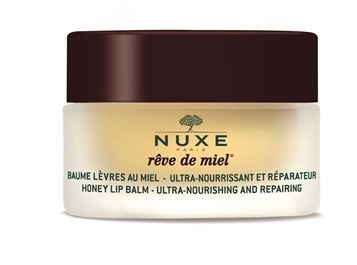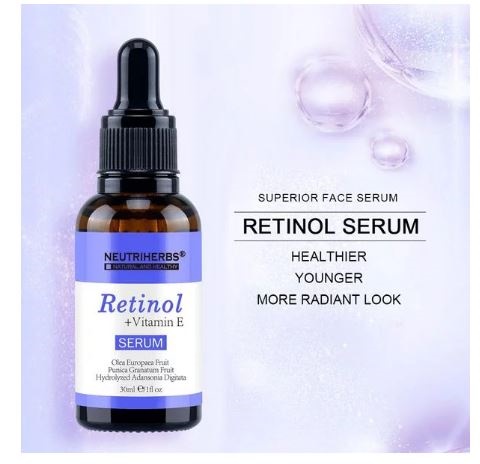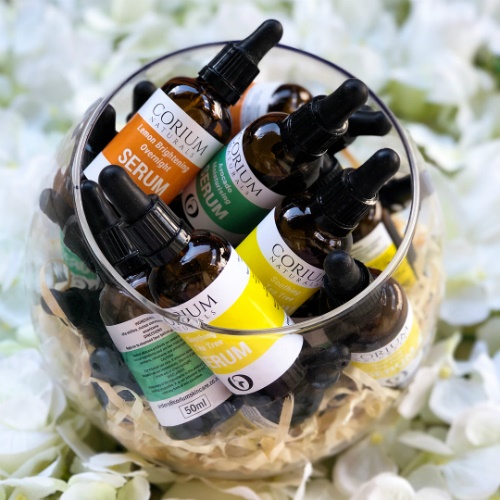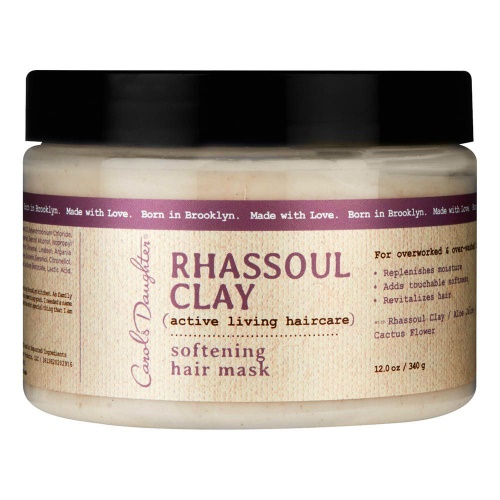The untimely demise of coconut oil as the be-all and end-all of all health and cosmetic concerns reminds one of the sudden downward spiral of Nicki Minaj's career - once hailed a queen in her field, but reached a point where attempting to defend some of the controversies surrounding her would make you the bad guy instead.
Coconut oil has had a similar career trajectory - it gave us what we thought were some of the greatest beauty hits circa 2013, earned itself regular features in the natural hair movement and in the kitchen, until some experts started calling its bluff by 2018.
READ MORE: Can you really use coconut oil to treat acne?
With regards to clean eating, a Harvard professor and epidemiologist Dr Karin Michels, rejected the hype around coconut oil, declaring that it is "one of the worst things you can eat."
The Guardian reports that Karin denounced coconut oil as "pure poison" in a lecture titled “Coconut oil and other nutritional errors” at the University of Freiburg.
Dr Karin's reasons for likening coconut oil to pure poison are based on the fact that "coconut oil contains more than 80% saturated fat, more than twice the amount found in lard, and 60% more than is found in beef dripping."
READ MORE: These are the 20 best fat-burning foods of all time
As a result, Dr Karin warns that the "high proportion of saturated fat in coconut oil [is known] to raise levels of so-called LDL cholesterol, and so the risk of cardiovascular disease."
The skin debate
While this may be specific to food and the ingestion of coconut oil, it does not make this natural product exempt from being potentially harmful when used topically too.
Over and above the fact that the "you are what you eat" adage implies that our diet often has an effect on our skin too, using coconut oil as a face moisturiser therefore also has its pros and cons - one of the most widely acknowledged cons being that it clogs your pores.
However, if you were already aiming for the bin, hold that thought because Cape Town-based dermatologist Dr Nomphelo Gantsho has a few surprisingly good things to say about the darling of multi-purpose oils.
She says people with acne can use coconut oil on their skin.
"Coconut oil is high in lauric acid, which helps kill the bacteria that cause acne. Because it consists primarily of short and medium chain fatty acids, coconut oil is also absorbed easily through the skin and provides moisture without leaving your skin feeling greasy," Dr Nomphelo explains, adding that "applying coconut oil to the skin can kill acne-causing bacteria as it is anti-inflammatory."
More good news from Dr Nomphelo. She says that coconut oil may be also be linked to other skin benefits, "including reducing inflammation, keeping skin moisturised and helping heal wounds."
Lastly, this dermatologist confirms that coconut oil is "safe to use on babies and for people with sensitive skin. If at all any allergic reaction occurs, it is not related to treenut allergies, but probably sensitivity to any one of the fatty acids in the oil."
But with that said, she warns that "not all coconut oil is created equal. One must check which brands they are buying."
READ MORE: Simple tips and tricks to help keep your skin looking radiant
What about hair?
With regards to natural hair care, many natural hair vloggers have reached the conclusion that coconut oil is not a one size fits all solution.
In a video titled 'Why I Stopped Using Coconut Oil', natural hair YouTuber Naptural85 shares how her scalp and hair reacted to coconut oil, also adding that it made her hair brittle.
In the video, she puts out the disclaimer that this was just her experience of it and that it may not always be the case for everyone. However, this vlogger also advises you stop using coconut oil when you notice that your hair is falling out.
But besides scalp sensitivity to coconut oil, it's not all bad for hair as it sometimes can be for skin - it just depends on how your curl formulation reacts to it not only in its pure form, but to products that contain coconut oil too.
If you are one of those people that have not seen the best results from using coconut oil on either your hair or skin, fret not, there are other natural solutions out there for you.
We recommend these alternatives for healthy, glowing skin, lips and hair:
NUXE Rêve de Miel® Ultra-Nourishing Lip Balm with acacia honey and botanical oils, R205 to R220 at Truworths, Woolworths and Edgars.
Dream tip: For an intensive repairing effect, apply a thick layer of balm to your lips and lip contour area at night before you sleep.
Neutriherbs Retinol Serum For Face (30ml), R259 on Takealot
You'll love it for its anti skin aging ingredients.
Corium Skincare Avocado Moisturising Overnight Serum, R159 from Faithful to Nature
Avocados are better than coconuts anyway.
Carol's Daughter Rhassoul Clay Softening Hair Mask (355ml), R255.96 at Dis-Chem
Rumour has it that your hair will smell absolutely delicious when you use this product.
Original Jamaican Black Castor Oil (59ml), R89 on Takealot
The only oil that matters for your hair, honestly.
Sign up to W24’s newsletters so you don't miss out on any of our hot stories and giveaways.




 Publications
Publications
 Partners
Partners



















